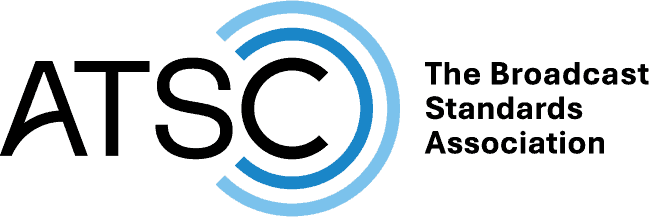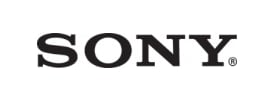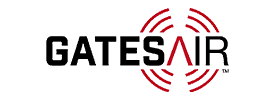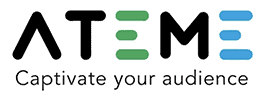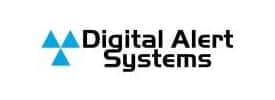- About
- Members
- Sponsors
- Subcommittees
- Technical Documents
- News
- Events
- Spotlight ATSC 3.0
- Contact Us
- Member Login
- Member Meetings
- Advanced Search
Search Site
Member Links
- About
- Members
- Sponsors
- Subcommittees
- Technical Documents
- News
- Events
- Spotlight ATSC 3.0
- Contact Us
- Member Login
- Member Meetings
- Advanced Search
A/100, DTV Application Software Environment – Level 1 (DASE-1)Approved: 9 March 2003
The DASE-1 Standard defines a software layer (middleware) that allows programming content and applications to run on a so-called common receiver. Interactive and enhanced applications need access to common receiver features in a platform-independent manner. This environment provides enhanced and interactive content creators the specifications necessary to ensure that their applications and data will run uniformly on all brands and models of receivers. Manufacturers will thus be able to choose hardware platforms and operating systems for receivers, but provide the commonality necessary to support applications made by many content creators.
The DASE-1 standard is comprised of eight individual documents:
Download A/100-1, “Introduction, Architecture, and Common Facilities”, approved 9 March 2003.
Download A/100-2,”Declarative Applications Environment”, approved 9 March 2003.
Download A/100-3, “Procedural Applications and Environment”, approved 9 March 2003.
Download A/100-4, “Applications Programming Interface”, approved 9 March 2003.
Download A/100-5, “ZIP Archive Resource Format”, approved 9 March 2003.
Download A/100-6, “Security”, approved 9 March 2003.
Download A/100-7, “Application Delivery System – ARM Binding”, approved 9 March 2003.
Download A/100-8, “Conformance”, approved 9 March 2003.
Subscribe to our Newsletter
Subscribe to The Standard, our monthly newsletter, to stay up-to-date with ATSC news and events around the world.
Site Links
Contact Us
Advanced Television Systems Committee, Inc.
1300 I Street NW, Suite 400E
Washington, DC 20005
Do you have questions about ATSC?
About ATSC
The Advanced Television Systems Committee, Inc., is an international, non-profit organization developing voluntary standards and recommended practices for digital terrestrial broadcasting. ATSC member organizations represent the broadcast, broadcast equipment, motion picture, consumer electronics, computer, cable, satellite, and semiconductor industries. ATSC also develops digital terrestrial broadcasting implementation strategies and supports educational activities on ATSC standards.
© 2025 ATSC
